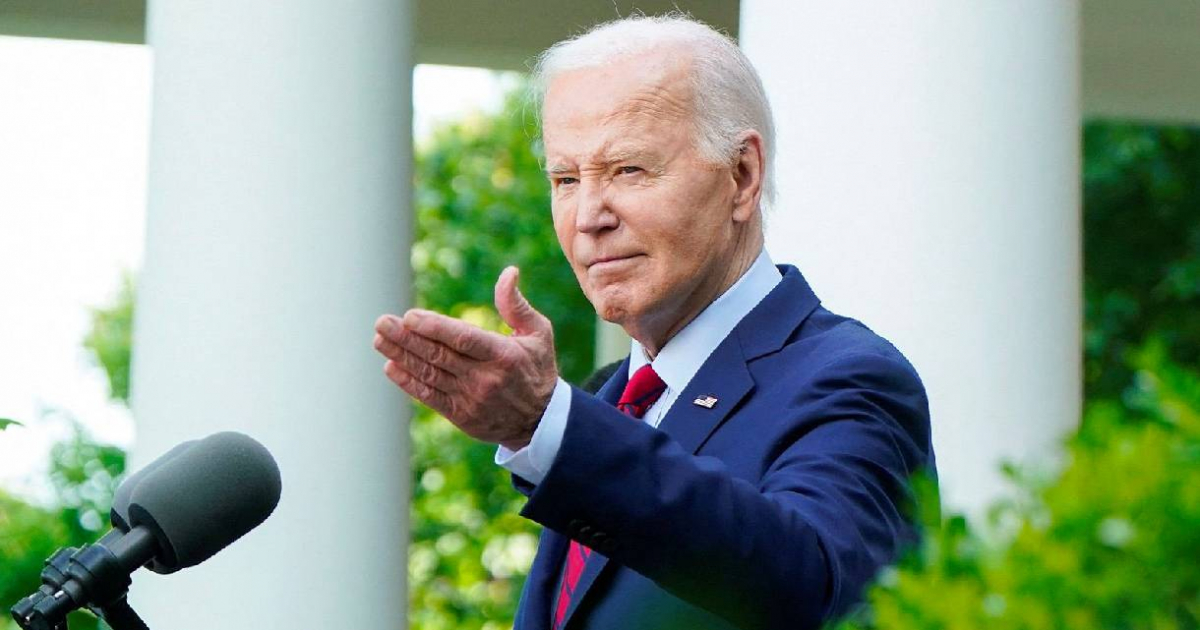
The president of the United States, Joe Biden, took a decisive step in trade policy with China this Tuesday by announcing the imposition of new tariffs worth 18 billion dollars to imports of products from that country.
These tariffs will affect several sectors that the White House considers "crucial to the economic future and national security of the United States," including steel, aluminum, semiconductors, batteries, solar panels, ship unloading cranes and medical products.
The most drastic increase affects electric vehicles, with an increase in the tariff from 25% to 100% during the course of this year.
"I just imposed a series of tariffs on products made in China: 25% in steel and aluminum, 50% in semiconductors, 100% in electric vehicles, and 50% in solar panels. China is determined to dominate these industries. "I am determined to ensure that the United States leads the world in them," Biden said on his X account.
This measure responds to the notable increase in exports of electric vehicles from the Asian country to the United States, a growth of 70% between 2022 and 2023, which is perceived as a threat to the development of the domestic market for electric vehicles in the receiving country, indicated the president.
And Biden's goal is for up to two-thirds of new cars sold in the United States to be electric by 2032, and to achieve this goal, programs have been promoted to encourage the national production of these vehicles.
In addition to the increase in tariffs on electric vehicles, an increase in tariffs is expected on the batteries used in these vehicles, as well as other critical minerals and medical products.
This increase in taxes aims to encourage national production and reduce dependence on China in these strategic sectors, the information indicates.
The announcement of these tariffs comes at a key moment, in the middle of the campaign for the November 5 elections.
Biden, who is seeking re-election, has adopted a tougher tone toward China, despite maintaining an open dialogue with Beijing.
This measure by Biden seeks to capture the support of the American working class and distance it from former President Donald Trump, who is emerging as a future Republican candidate and who also implemented aggressive trade policies towards China during his mandate, the agency recalled. WHICH. In 2019 Trump lamented not having increased tariffs further to China, to whom he had imposed just 5% that he later suspended after an agreement with the Asian country.
The White House stressed that Biden's measure has been taken consistently, since these tariffs are specifically directed at sectors in which investment has been made and are not comparable to the "indiscriminate tariffs"imposed during the Trump administration, which triggered a trade war with negative consequences for global growth.
What do you think?
COMMENTFiled in: